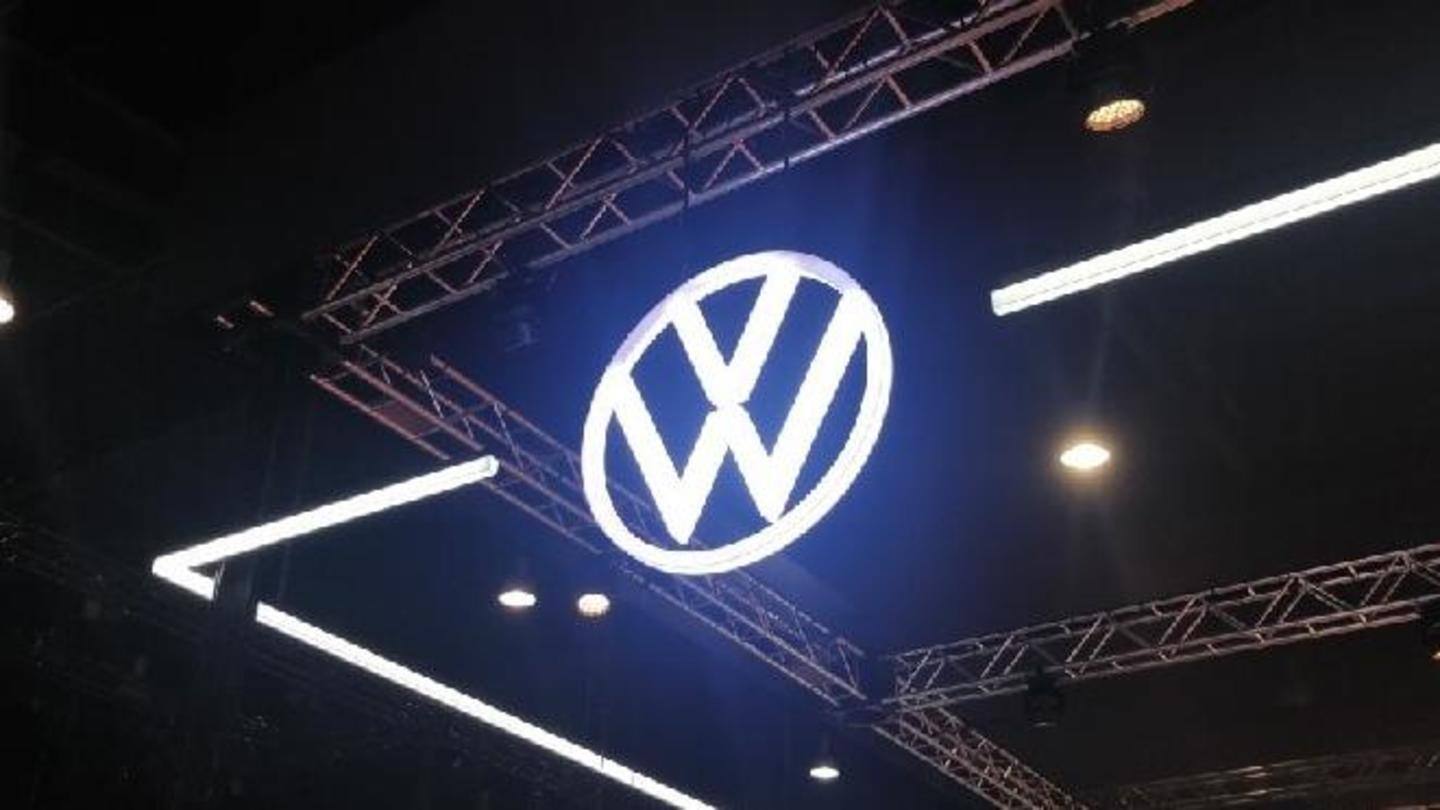
Volkswagen's Project Trinity EV sedan previewed; production begins in 2026
What's the story
German automaker Volkswagen has released the first design preview of its upcoming electrically-powered sedan named Project Trinity.
The car's production will commence in 2026 at Wolfsburg. The company claims that it will set new digitization, range, and charging speed standards, and shall be able to offer highly automated driving according to Level 4.
Here are more details.
Themes
What are the tenets of the project?
The name of the project, i.e., Trinity is derived from the Latin word Trinitas, which stands for the tri-unity.
As indicated by the name, three themes are crucial to this project. They include a new electronics platform that utilizes state-of-the-art software, a simplified supply structure, and a fully networked as well as intelligent manufacturing at the primary factory in Wolfsburg.
Future plans
Upcoming cars will have pre-loaded features with on-demand activation
Future car models such as Trinity will sport mostly standardized hardware and shall be up for grabs in very few trims.
The vehicles will be sold with virtually every feature pre-loaded and buyers will be able to activate the desired ones anytime they want via the digital ecosystem. This will ensure complexity in production is reduced to a great extent.
Vision
Trinity will make autonomous driving more accessible
Project Trinity will ensure the availability of autonomous driving in the volume segment to many people. Its production is slated to commence in 2026, and by that time it will reach Level 2+ and shall be technically prepared for Level 4.
As the production starts, the Wolfsburg factory will also become an ideal example of a fully networked, state-of-the-art, and intelligent production facility.
Goals
Will profit from charging and energy services, software usage packages
Volkswagen is laying the foundation for new, data-based business models by transforming the vehicle into a software-based product.
Barriers to individual mobility will be lowered while offering more attractive usage packages at the same time.
The company will generate extra revenue from automated driving, charging, and energy facilities, as well as software-based operations, which customers will be able to book as per their requirements.